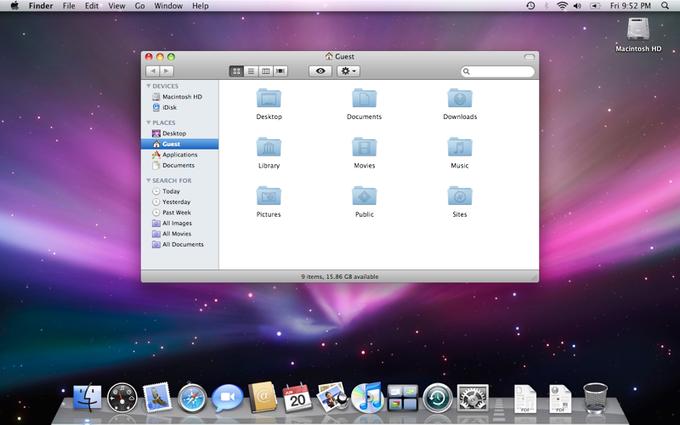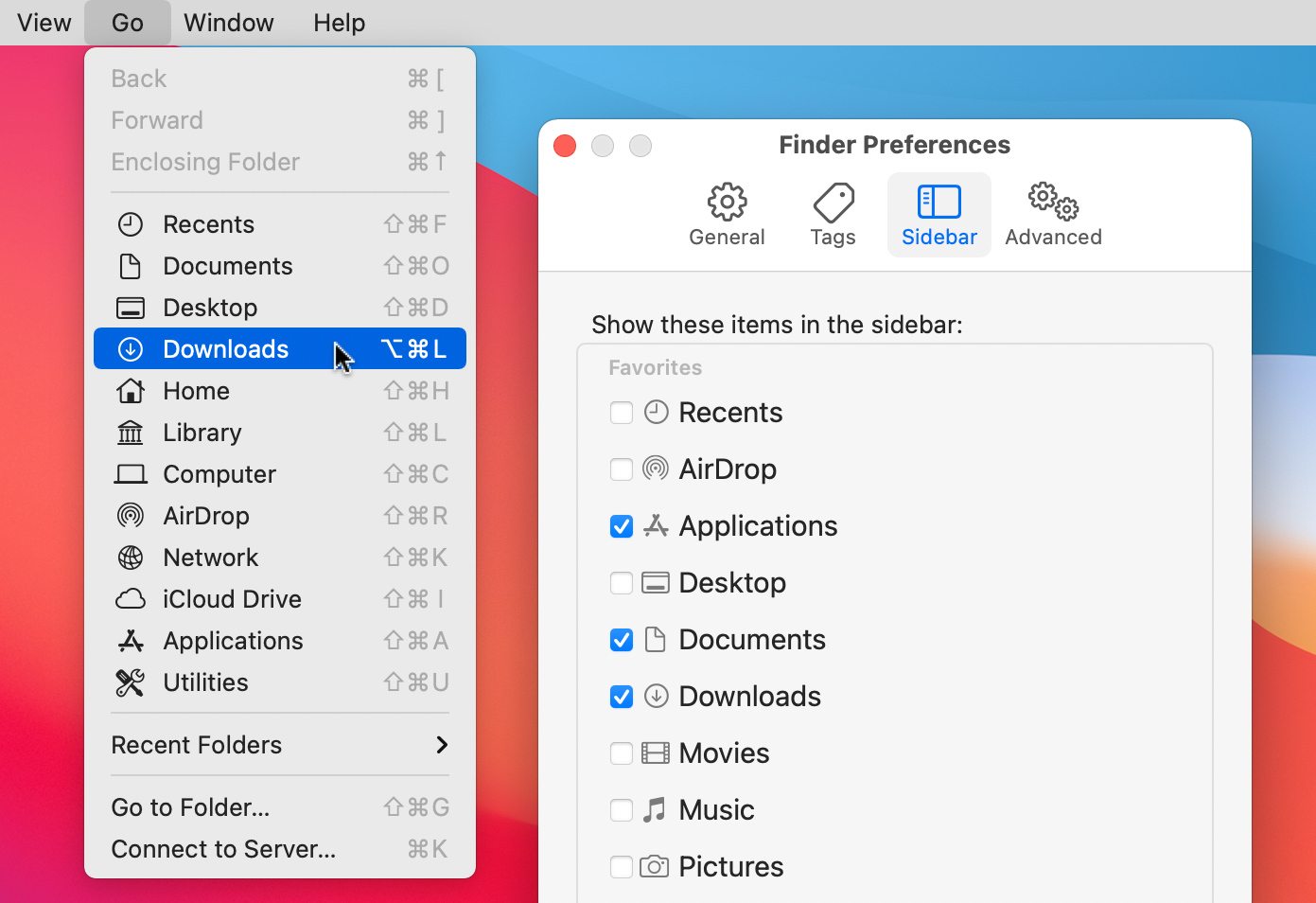

To install using homebrew from source should be possible with something like the following commands:
Download on mac update#
To update OpenModelica once it has been installed: port selfupdate port contents openmodelica-devel | egrep "/bin|app$|pdf$|txt$" | grep -v omlibrary The following command should give a hint on where to start looking. To start using the OpenModelica, launch one of the executables or start reading documentation. You can also install openmodelica-release for the latest point-release or openmodelica for the latest release marked stable. Port install openmodelica-devel +rml # If you want to compile using rml-mmc instead of bootstrapping (slower and requires the rml-mmc dependency this used to be the default) Port install openmodelica-devel +libraries -qt # If you only want the OpenModelica core port variant openmodelica-devel lists many alternatives is building with one compiler gives you trouble Port install openmodelica-devel +libraries +clang # Or skip choosing compiler here, if it gives you problems. Newer MacOS versions may require more recent gfortran compilers available Port install gcc44 # With the addition of llvm/clang as the default compiler in XCode, many ports now fail to build unless you force GCC to be used. After setting up a MacPorts installation, run (as root): echo rsync:///macports/ > /opt/local/etc/macports/nf # assuming you installed into /opt/local The following instructions were tested on OSX El Capitan. Homebrew may also be possible.įor fewer potential issues at the cost of a longer time to install, you can use the source package in our MacPorts repository. You can also install from source using MacPorts (like the binary builds). You may also need to allow unsigned packages to be installed. You will also need Java (which might not come preinstalled on your Mac). Remember to install the XCode command-line tools (recent distributions of XCode do not install them by default).

Download on mac for free#
Also note that make and system headers are not included in this package so you will also need to install XCode3 (10.6), which is available for free with a registration, or a later version of XCode (which is available for free from the App store). Note that there is no uninstaller (see MacPorts guide for some hints on what is safe to remove). You can use the binary release (only x86_64 version available, built on OSX 10.9 nightly, installs into /Applications/MacPorts/ /opt/openmodelica/bin/ and /opt/openmodelica/share/doc/omc/). An alternative that is fast and works on all recent versions of OSX is installing on a Linux virtual machine there are pre-built virtual machine images available. If you already have a registration code, you can use it if not, you can buy one through our web site.Note that the Mac builds of OpenModelica are discontinued after 1.16. You can remove the time limit by entering a registration code.

All the features are available, but the only dates you can see are the month when you installed the program, and the month after.

When you first install the program, it works as a free one-month trial. In the menu that pops up, select "Options" and then "Keep in Dock".Find its icon in the Dock and right-click on it.You may want to have Universalis visible in the Dock for easy access. Once you have opened the Universalis.pkg file, the installation is automatic: just follow the instructions.
Download on mac mac os#


 0 kommentar(er)
0 kommentar(er)
